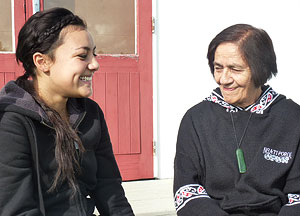Have you thought about volunteering to be a mentor to a young person?
There are a number of organisations working in our communities looking for volunteers to mentor the young people they work with to provide the support, guidance, and positive role models they need to thrive. While there are many factors that contribute to young people having poorer life choices, one solution that has proven to be effective is mentoring.
Check out this section of our website to find out what is involved. It provides an overview of:
- the role of a mentor
- how to become a mentor
- useful Fact Sheets and Resouces you may find helpful to refer to when mentoring a young person
- some frequently asked questions you may have about the mentoring role
- training opportunities, and
- stories from mentors and young people.


